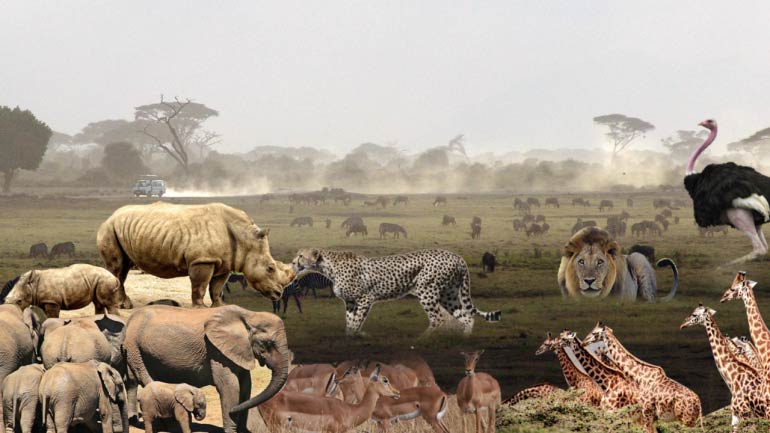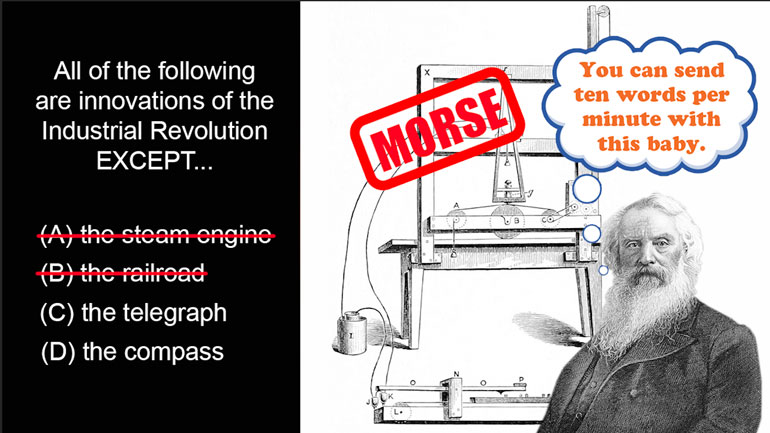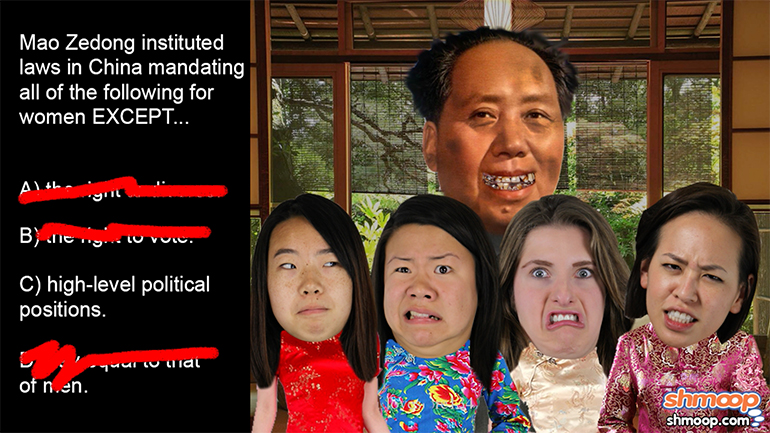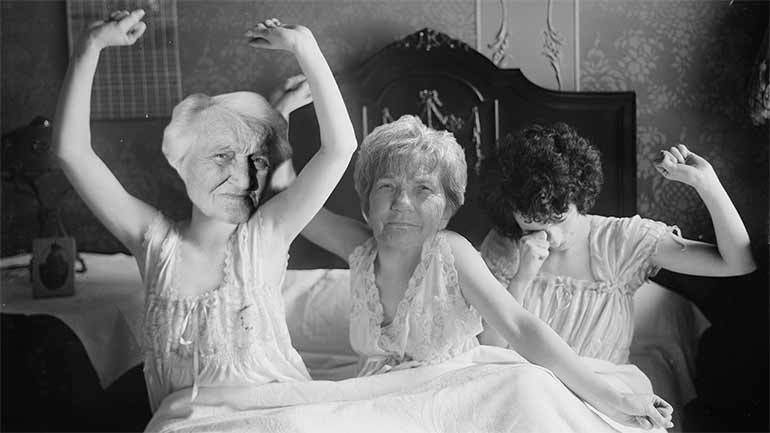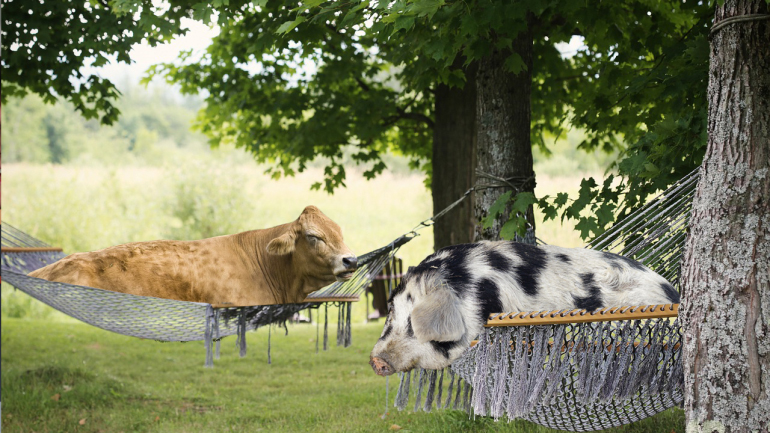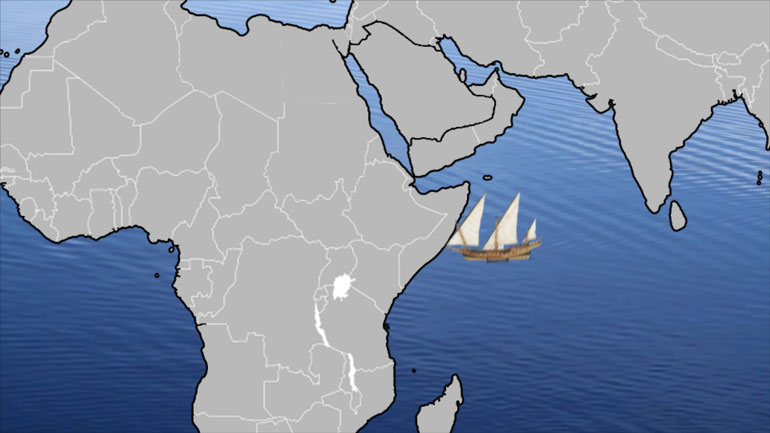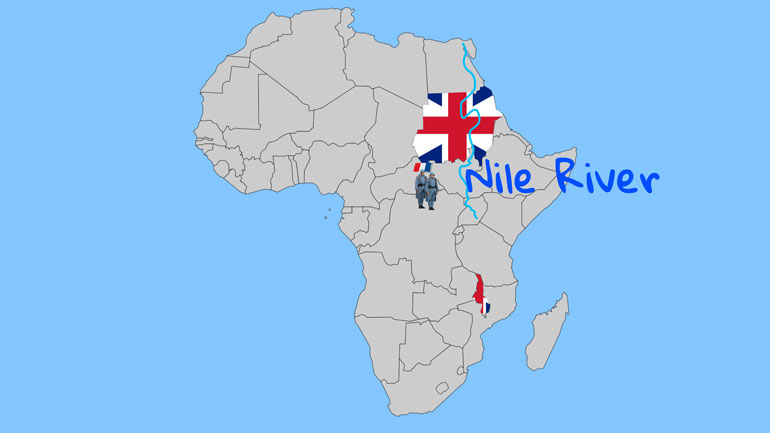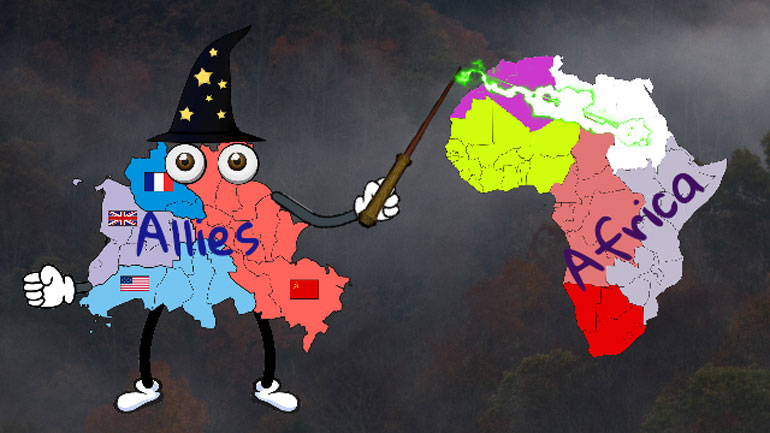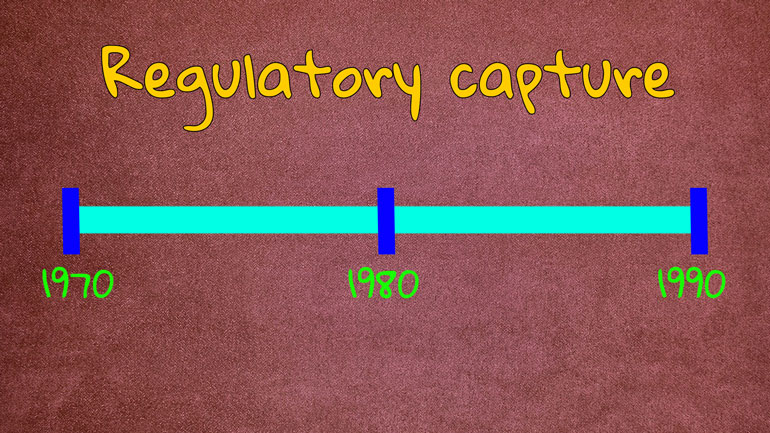ShmoopTube
Where Monty Python meets your 10th grade teacher.
Search Thousands of Shmoop Videos
World History Videos 95 videos
Home to the biggest river, the biggest desert, and some of the biggest land animals in the world, Africa is so much more than what most media would...
Didn't get enough of the French Revolution the first time around? We've gotcha covered. Check out our second French Revolution video, preferably wi...
AP World History 1.5 Industrialization and Global Integration, c. 1750 to c. 1900 300 Views
Share It!
Description:
AP World History 1.5 Industrialization and Global Integration, c. 1750 to c. 1900. Which of the following statements best describes the compensation women received for working in factories during the Industrial Revolution?
Transcript
- 00:00
Sorry And here's your shmoop du jour brought to you
- 00:04
by women working in factories we hear it was a
- 00:08
riveting time All right which of the following statements best
- 00:12
describes the compensation women received for working in factories during
- 00:16
the industrial revolution and hear your potential answers athens minutes
Full Transcript
- 00:20
saying all right factory work hasn't always enjoyed the best
- 00:24
of reputations Case in point industrial revolution conditions were poor
- 00:28
and women had it pretty hard Why you ask Well
- 00:31
as the economy grew families became dependent on more than
- 00:34
one income that men women and children had to start
- 00:37
bringing home the bacon as well But unlike their husbands
- 00:40
women had to cook it up in a pan and
- 00:43
all the while keeping their factory jobs Good love finding
- 00:46
time tio you know sleep is well in between the
- 00:48
day job and the kids and everything else Kicker women
- 00:51
didn't earn the same wage as their male counterparts Looks
- 00:56
like we can eliminate waken get rid of cia's well
- 01:00
how could families depend on women's wages if those wages
- 01:03
you know didn't exist But this was a blossoming cash
- 01:06
economy out of blossoming work in a factory just for
- 01:09
the story's economy What about deals Were women prohibited from
- 01:13
working in factories Well that might be it right Maybe
- 01:16
it could be just a little bit Maybe not That
- 01:20
leaves us with eight women were considered less physically able
- 01:22
and therefore less productive Their meager wages were a fraction
- 01:26
of what men received for the exact same work So
- 01:28
sure it wasn't fair But it's the right answer for
- 01:30
this question And hey we hear these physically challenged women 00:01:34.827 --> [endTime] are doing all right for themselves nowadays
Related Videos
AP World History 1.2 Industrialization and Global Integration, c. 1750 to c. 1900. All of the following are innovations of the Industrial Revolutio...
AP World History 2.5 Industrialization and Global Integration, c. 1750 to c.1900. What was the relationship between abolitionist movements and wome...
AP World History 4.3 Industrialization and Global Integration, c. 1750 to c. 1900. What was the immediate cause of the First Sino-Japanese War?
AP World History 3.2 Industrialization and Global Integration, c. 1750 to c. 1900. The Sepoy Mutiny resulted in...what?
AP World History 1.1 Accelerating Global Change and Realignments, c. 1900 to Present. The Treaty of Versailles placed blame for World War I on...wh...

